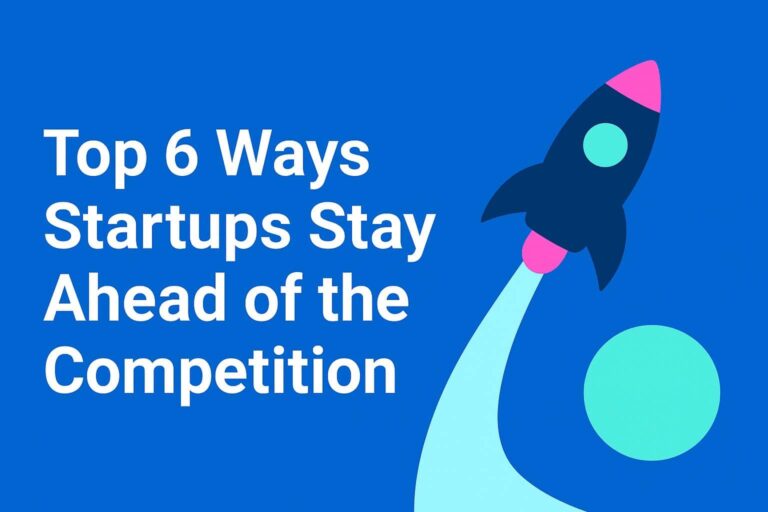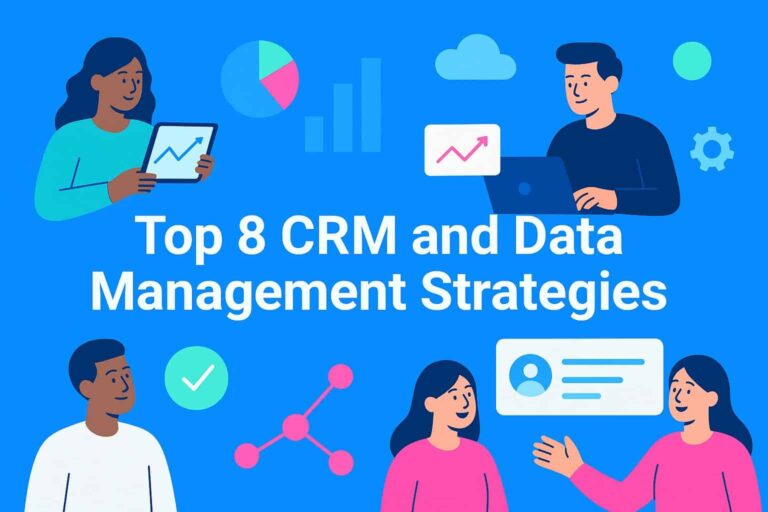Marketing is Your #1 Priority…
Using marketing to stimulate revenue growth and build a strong brand within your appropriate target market is crucial for any B2B tech company to survive. The challenge for tech startups aiming to establish a foothold and differentiate themselves from competitors is that creating awareness cannot be achieved unless marketing is prioritised. My experience confirms this, having worked in tech startups that have supported and invested in marketing, while others lacked any real commitment but still had high expectations of results. Marketing includes building a recognisable brand, which takes time, but tech founders may not have the patience for something that does not provide immediate results or is difficult to measure. For sensible founders prepared to play the long game, marketing, including brand equity, is their road to long-term value creation.

Invest or Stagnate
The facts confirm the theory, but why is brand awareness so important? A well-defined brand helps to communicate your company’s values, purpose, vision and unique selling points, creating a lasting impression in the minds of prospective customers. Your message is unlikely to be of any interest to anyone outside the target market, which is why highly targeted marketing techniques are necessary, rather than generic brand promotions to a broad and disinterested audience. For B2B tech startups, whose products or services are innovative but unfamiliar to prospects, effective marketing through brand messaging and storytelling can mean the difference between growth and early stagnation.
No Success Without Building Your Brand
Branding is not about having a cool name or a stylish logo to impress your mates; it’s about creating a cohesive and compelling story, wrapped around your tech offering, that resonates with your market. A strong brand builds trust, customer loyalty and enhances perceived value. This is important for B2B tech startups, as they often introduce new concepts or technologies that depend upon your ability to educate prospects and build trust. You must be able to engage and demonstrate to prospects that you will deliver value by improving their business outcomes.
Be Consistently Authentic
Every marketing activity a tech startup invests in, from lead generation to blogging, must do its bit to reinforce the company’s brand messaging. There is no separate branding department, budget or activity; it’s all a part of one cohesive marketing effort, that also expands out to all customer-focused teams, including sales, support, customer success and so on. Any touch point that influences the customer experience must live up to the core values and brand image you are trying to create, which extends directly from your company culture. For example, you cannot claim to care about providing highly available customer support and then advertise response times of 72 hours. No organisation will stand for that or believe anything else you say if your actions don’t back up your words, and buying teams will test you to make sure you do what you say, as it’s their job to know they can trust you before they sign on the dotted line.
What is Brand Awareness in B2B Tech?
Building your brand awareness in the B2B tech industry is an outcome created by the aggregation of all your, mainly direct, marketing activities. In consumer markets, where brand is everything, it is a more specific and elevated activity, with its own dedicated resources and promotional activities. That luxury is not an option for the majority of B2B tech companies, other than a very small number of global enterprises that also have consumer products and vast resources. They can afford to cover the entire London Underground in advertising, knowing that their target audience constitutes less than 0.5% of the people that will see it.
Focus on What Matters
Branding for tech firms is always a part of the marketing mix. It must never be seen as separate or distinct, ensuring all activities are always properly aligned and doing their bit to advance the brand and messaging. This helps you focus on doing the things that will move the dial, which for the most part will be activities linked to revenue growth, and avoid indulgent spending on unnecessary extravagances – and yes, that includes company-branded clothing. In the early years of a startup, the litmus test for deciding whether to invest in a specific marketing activity is whether it directly impacts revenue. Even so, branding is still a major consideration that must be woven into everything you do through consistent messaging and storytelling.
Unhelpful Expectations
For tech startups selling to other organisations, building a brand does not mean turning your unknown and probably cheaply designed logo into something as recognisable as the Apple marque. I have heard this request from founders in the past, who were not impressed when my eyes rolled in my head, involuntarily communicating the instinctive emoji face slap response I was trying but failing miserably to hide. Even the size of the US debt is still not enough money to turn an unknown B2B tech startup into something resembling the aspiration, desirability and value of one of the strongest consumer brands in the known universe when you only have an enterprise proposition. I exaggerate to make an important point. Whilst there is nothing wrong with having ambition, in fact I commend it, this needs to be tailored and targeted to what is relevant to your proposition, product category, target audience and of course your budget.
Brand Perspective
I appreciate this may be received like an arrow to the heart for the proud tech founder who, after much deliberation, anxiety and personal sacrifice, has launched their new startup and adorned their staff in branded hoodies. My intention is not to extinguish all the excitement and expectation of starting a new business; there is nothing wrong with reaching for the stars. However, remember your startup is a business and therefore logic must be applied, not an emotional response to every situation. You can rejoice because there can only be one Apple Inc., and no brand should ever try to emulate another. Every startup has its unique personality, culture and path to follow. If you say you want to become recognised as a leader in your chosen product category or market segment, then I’m all in. Now we are talking the same language.
Build It and They Still Won’t Come
If your startup’s sales begin to stall, then it’s most likely due to a lack of investment in your marketing, which could manifest in several ways. Every tech startup that ever created something new and of potential value for business customers still had to invest resources in educating and converting their target audience from leads to sales pipeline prospects and then into customers. Do not think that when you build some new-fangled tech solution, customers will automatically appear out of the woodwork and find you; that would be very naïve. You could build the best tech product or service in history, supported by the most amazing website and chances are you will never be lucky enough to make a single sale to a business customer if you do not actively promote your solution by investing in marketing and building a competent sales function. You cannot build revenue on hope.
You may want to read: “Why the Tech CMO is the New Football Manager.”







